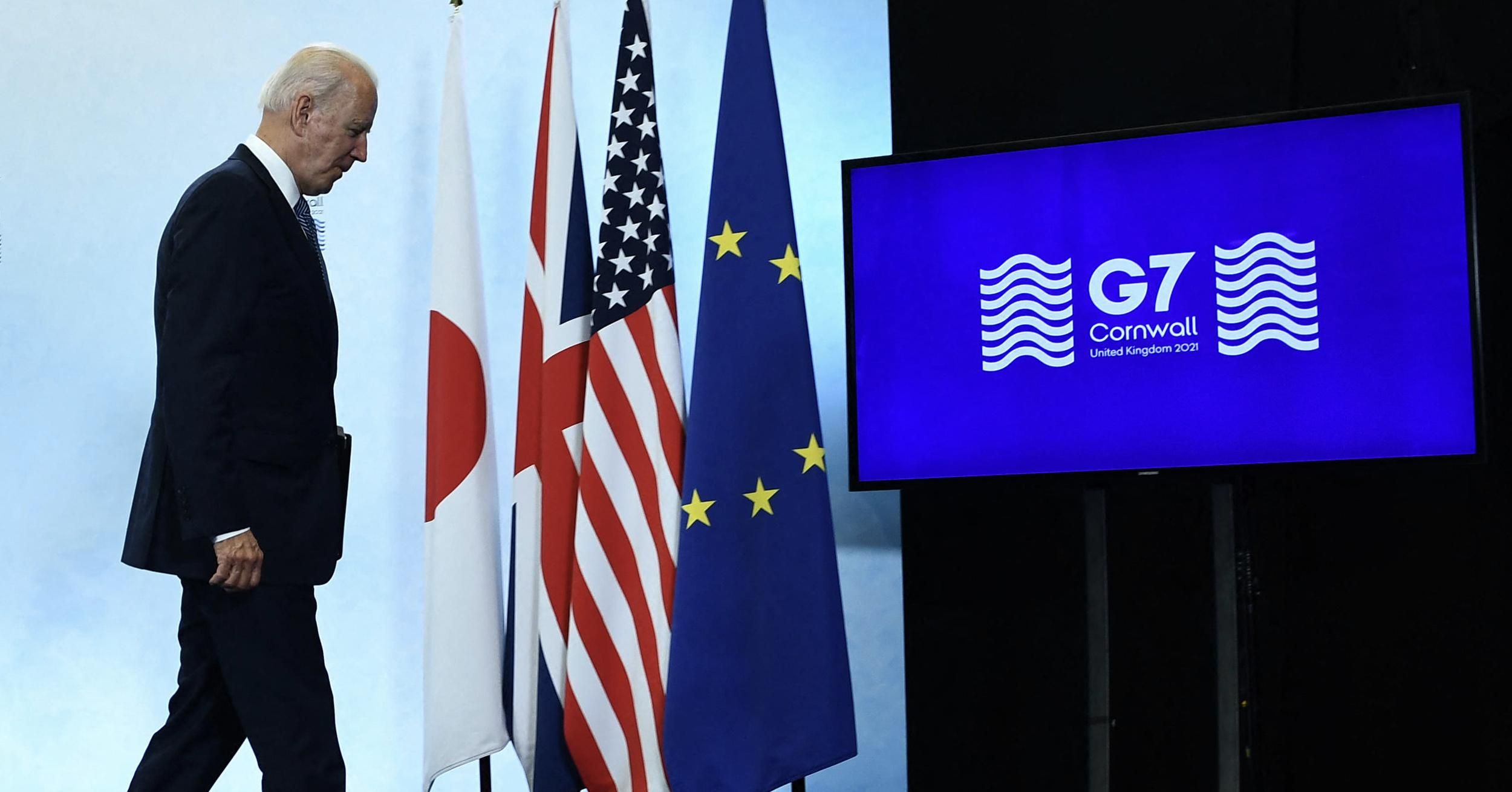How Did Successive American Administrations Fool Their People and Drag Them into the Vietnam War?
(Japan) on 11 June 2021
by (link to original)
The secret information Ellsberg was privy to enraged him about the folly of war, and he appears to consider it his mission to prevent the use of nuclear weapons. In 1973, a court dismissed his prosecution for leaking classified national security documents. It became an example of the legitimacy of whistleblowing.
How about this disclosure? ProPublica, an American nonprofit press institution, obtained IRS tax records from an anonymous source. It reported that the super-wealthy, including Amazon.com founder Jeff Bezos, “pay little in income tax compared to their massive wealth.”
The White House has expressed the point of view that leaking secret information is illegal. But the revelation of the true extent of the upper class’s exploitation of its knowledge to avoid taxes could be a tailwind for the Biden administration, which has made rectifying inequality one of its policy pillars. Was it an accusation driven by righteous fury, or a calculated leak? We are in an age in which a few rich people accumulate wealth that rivals that of nations and take it into space. This must be valuable information for planning a tax system. Budget deficits are ballooning in many countries due to the COVID-19 disaster. This is not just an American problem.

